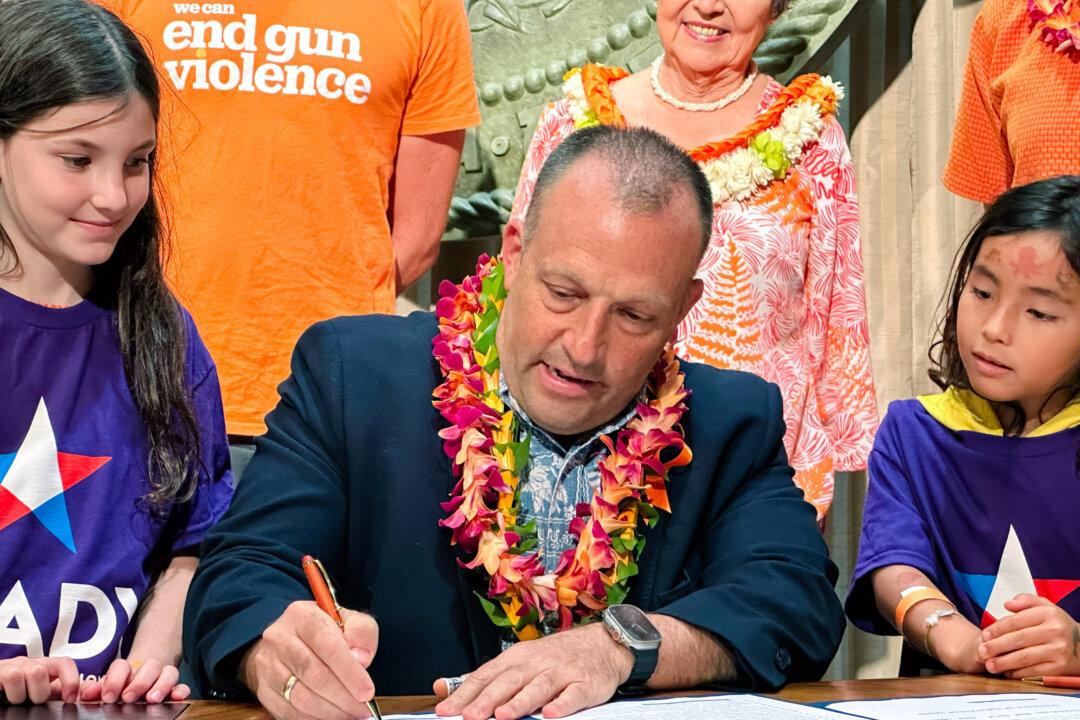Hawaii’s Democrat Gov. Josh Green is calling a proposed climate fee on tourists a “small price to pay” in order to preserve the state’s natural habitat. The hotel industry claims the charges will add more burden on their businesses.
Last month, a bill was introduced in the Hawaii state legislature that seeks to impose a $25 fee for all visitors who check into hotels and short-term rentals as part of a climate protection initiative. “It’s a very small price to pay to preserve paradise,” Mr. Green said in a Feb. 18 interview with The Wall Street Journal. The fee places the responsibility of Hawaii’s natural resources on visitors and also raises awareness about climate change, he said.





